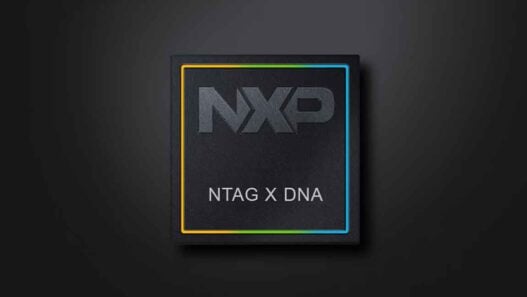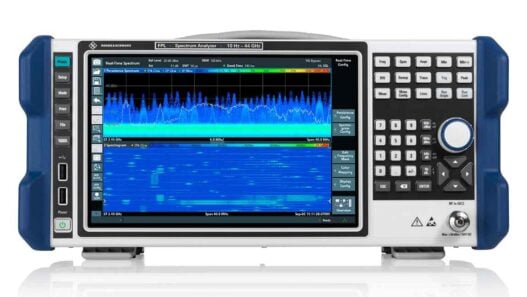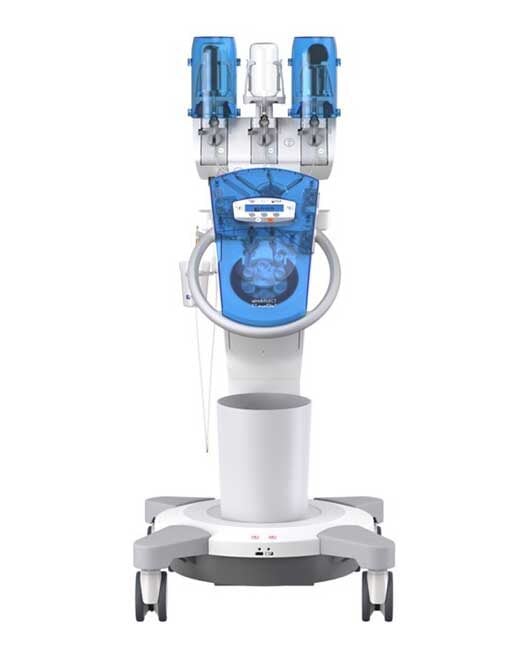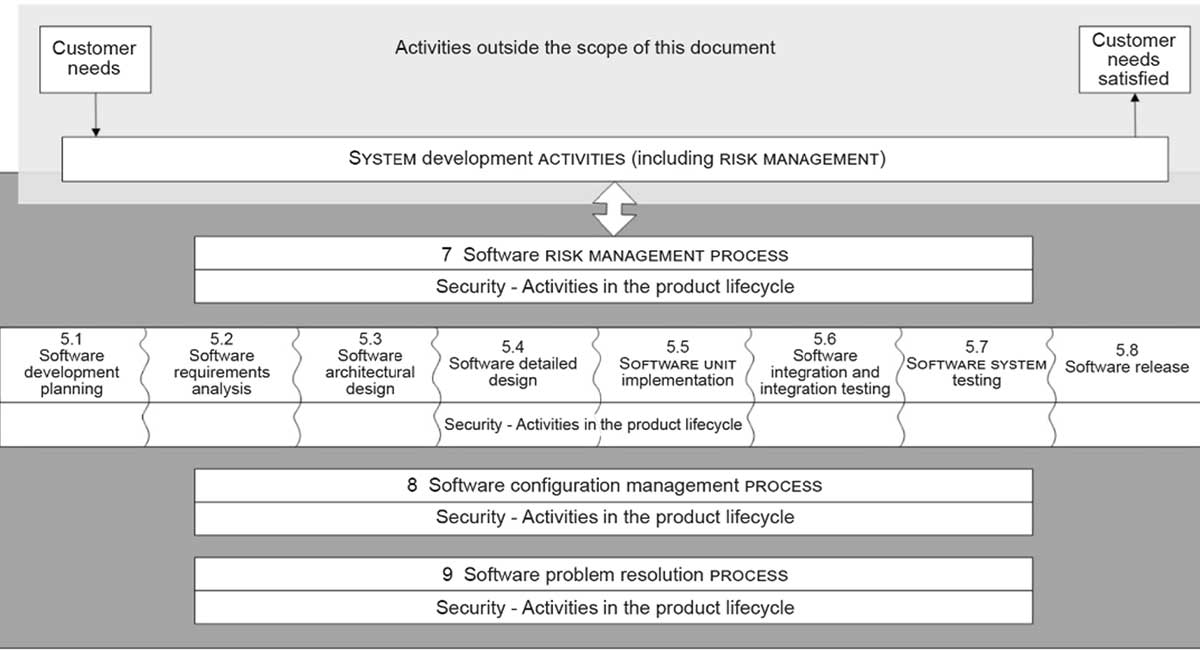The pandemic, aging population, and clinical staffing shortage have transcended healthcare technology development, including RPM (remote patient monitoring), telemedicine, medical AI, and medical robotics.
What is RPM?
RPM refers to a telehealth method that enables constant remote patient care outside conventional clinical settings. It involves various technologies, including sensors and surveillance systems that detect vital signs, movements, and environmental changes. AI/ML is also key to an RPM system for analysing data, recognising patterns, and making real-time judgments and alarms when abnormal behaviours and emergencies happen.
There are already some familiar trending RPM applications, such as wearable devices and fall-prevention products. RPM helps physicians track patients’ physical symptoms and chronic conditions and conduct predictive protection. On the other hand, for medical service providers, it decreases costs and enables the collection of big data for developing progressive services.
Challenges & solutions
Data-intensive workloads
Medical data are often high-dimensional and complex, making their processing data-intensive. Hence, real-time medical data processing requires higher performance and capacity storage.
Cervoz provides a variety of state-of-the-art 3D NAND flash modules to increase performance and capacity. With 3D NAND flash, the SSD reaches higher performance while consuming less power and costing less per GB.
24/7 Operations
RPM systems are usually expected to run 24/7 and track real-time data from patients. Yet, long operating time often leads to overheating, which could cause system malfunction and threaten lives.
Cervoz’s comprehensive wide-temp product lines can guarantee reliable operation in a wide thermal range. In addition, the proprietary monitoring software, FlashMonitor, which can track the product health status, can also alert users when the monitored temperature of storage modules has exceeded the pre-set benchmark.
Life-mattering data integrity
Data integrity refers to the quality, accuracy, and reliability of data throughout its life cycle. It is a major challenge in the medical domain when data becomes life-critical. A loss of data integrity in healthcare can lead to malpractice, inadequate treatment, security breach, and even threat to a patient’s life.
Cervoz offers effective methodologies to ensure data integrity, including End-to-End Data Protection and Advanced LDPC ECC Engine. This technology helps assure the integrity and reliability of data, covering the entire transmission path between the host computer and the drive. Moreover, it can reduce the risk of system failure or crashes due to data errors, thereby improving system stability and reliability.
Power loss protection
Sudden power failure or power instability may result in data corruption and system collapse, jeopardising patients’ health.
Cervoz’s in-house developed power loss protection technology, Powerguard, can provide additional power during unexpected power outages and prevent write-in data loss. This software-and-hardware-integrated technology utilises tantalum capacitors to store extra charges that enable the saving of ongoing files and safely terminate the operation to protect data integrity and firmware.
The Cervoz Powerguard T376 family with wide-temp options, may be your ideal fit for RPM applications. Its 3D TLC structure ensures a wide thermal range, high- reliability, performance, and capacity. In addition, in response to the trend of thinner and smaller chassis, it comes with various compact form factors, including 2.5″ SSD, M.2 2280, and mSATA, making it ideal for many edge devices.
You can also use the Product Finder to find the right products for your application through a quick assessment and comparison.















